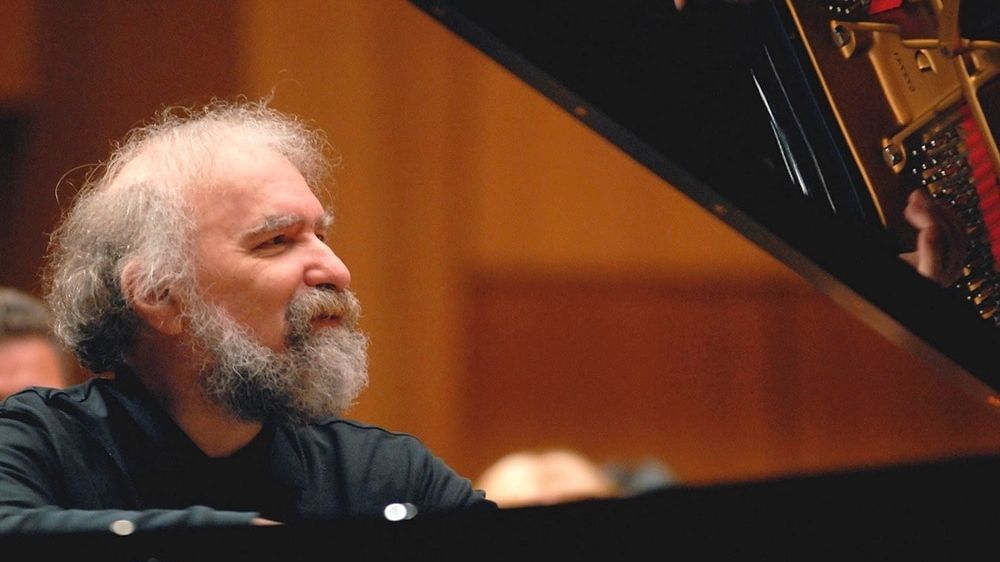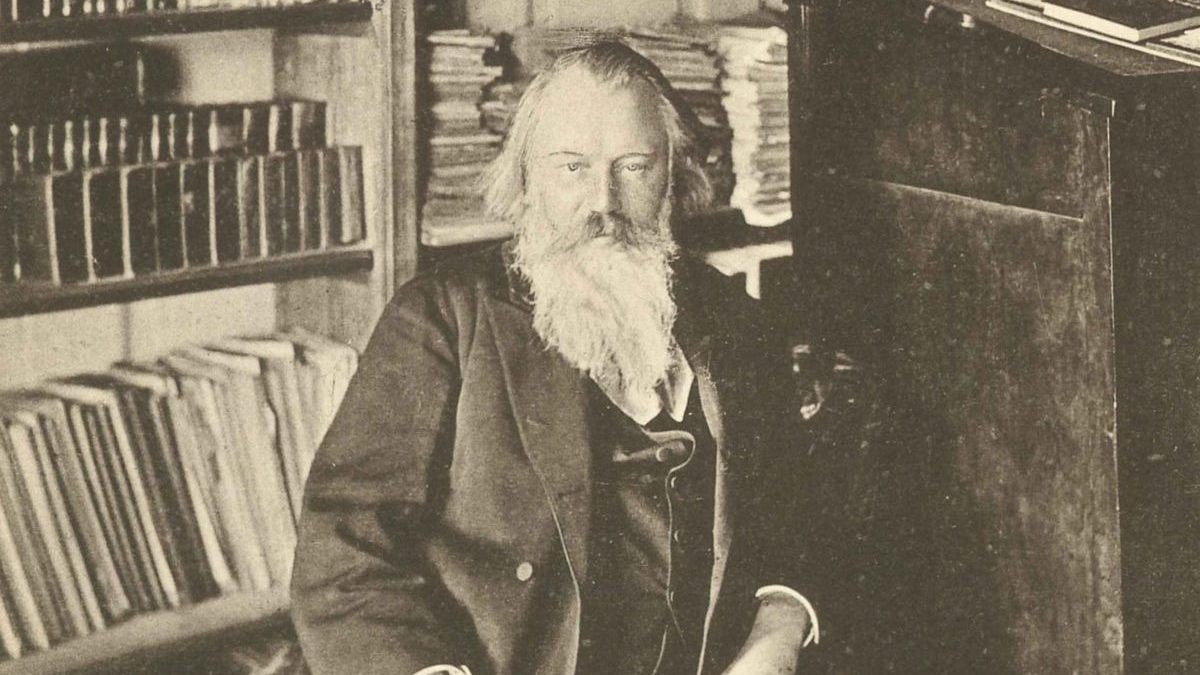Mozart’s Piano Concerto No. 19: Mitsuko Uchida and the Cleveland Orchestra
Mozart’s mature piano concertos are sublime dramas without words. They are filled with a magical sense of instrumental conversation. Each phrase seems to have drifted out of some imaginary opera scene in which literal meaning has been replaced with a deeper and more fundamental expressive reality. The instrumental voices form a rich and colorful cast of characters. Blurring the boundaries between solo and accompaniment, the solo piano and orchestral voices engage as equals. We …







